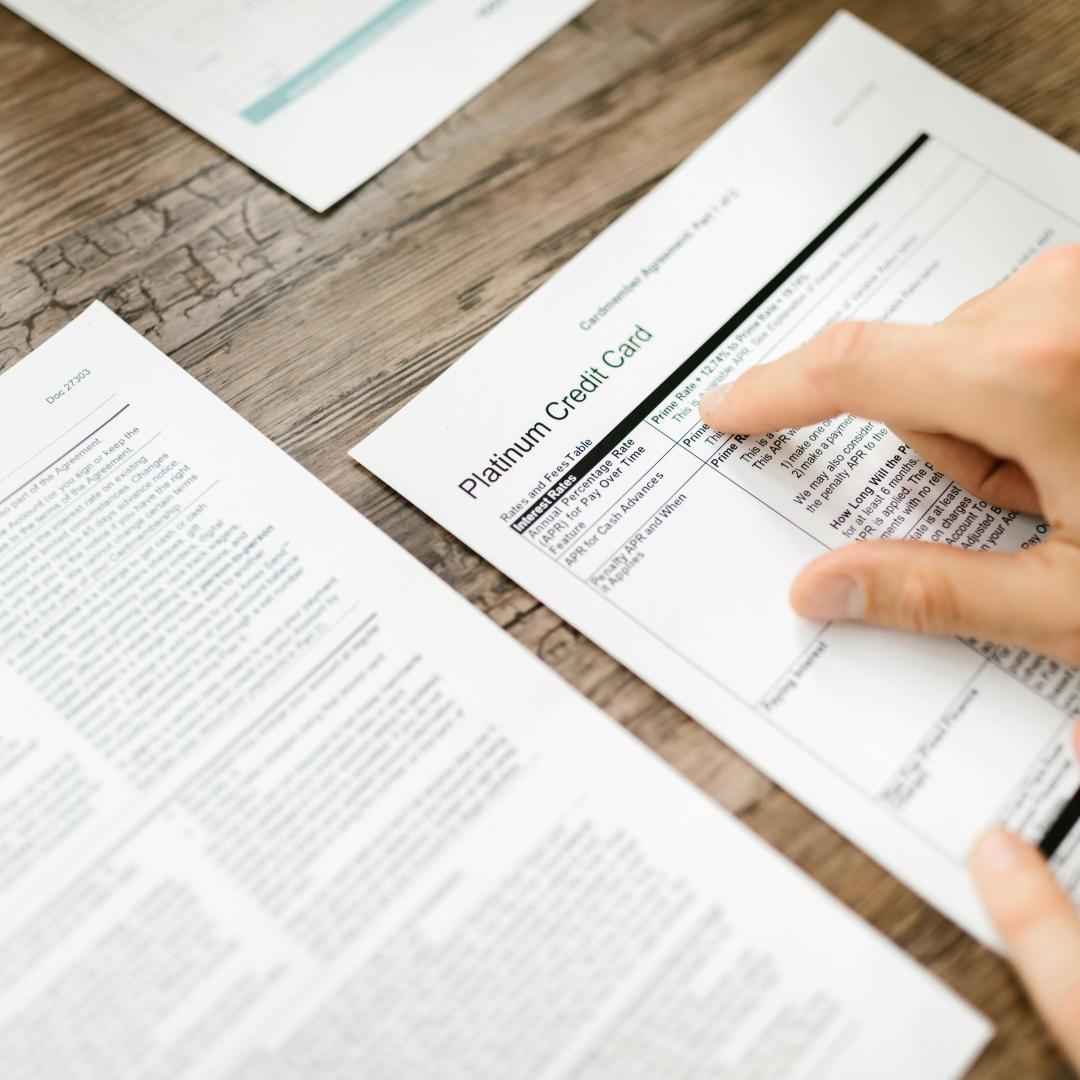How to Avoid Bank Fees
Bank fees can significantly erode your savings over time. Whether it’s monthly maintenance fees, ATM fees, or overdraft charges, these costs can add up quickly. Fortunately, there are several strategies you can employ to avoid or minimize these fees. This article will guide you through practical steps to help you keep more of your money in your pocket.
1. Choose the Right Bank
Selecting a bank that aligns with your financial habits is crucial. Many online banks and credit unions offer no-fee checking and savings accounts with competitive interest rates. These institutions often have lower overhead costs, allowing them to pass on the savings to their customers. Before opening an account, compare the fee structures of various banks to find one that suits your needs.
2. Meet Account Requirements
Many banks waive monthly maintenance fees if certain criteria are met, such as maintaining a minimum balance, setting up direct deposit, or making a specific number of transactions per month. Be sure to understand the account terms and plan accordingly. This might mean adjusting how you manage your funds, but it can save you money in the long run.
3. Utilize In-Network ATMs
ATM fees can be another significant expense, especially if you frequently withdraw cash. To avoid these charges, use ATMs that are within your bank’s network. Additionally, some banks partner with nationwide ATM networks, giving you fee-free access to thousands of machines. Consider this factor when choosing a bank or account.
4. Opt for Overdraft Protection
Overdraft fees are notoriously high and can happen unexpectedly. Link your checking account to a savings account or a credit line to automatically cover overdrafts. While this may still incur a small fee, it's usually much less than a standard overdraft charge. Always be cautious with your spending and regularly monitor account balances to prevent overdrafts altogether.
5. Sign Up for Free Alerts
Many banks offer free alerts via text or email to help you keep track of your balance, notify you of low funds, or alert you of transaction activity. These alerts can prevent overdrafts by reminding you to transfer money before your account dips into the negative.
6. Leverage Automatic Payments
Setting up automatic payments for recurring bills can prevent late fees and help you avoid the temptation to miss payments. If possible, align these payments with your pay schedule to ensure funds are available. Just make sure to review these payments periodically to confirm that everything is correct.
7. Regularly Review Your Statements
Errors can occur, and fraudulent charges can go unnoticed if you do not regularly review your bank statements. Make it a habit to check your statements each month and report any discrepancies to your bank immediately. Many institutions have a time limit for addressing errors, so promptness is key.
8. Negotiate with Your Bank
If you find yourself facing unexpected fees, reach out to your bank. In some cases, banks will reverse fees, especially if you have been a longstanding customer or if it is your first infraction. Negotiation may not always work, but it’s worth a try.
9. Consider a Consolidated Account
Maintaining multiple accounts across different banks can lead to oversight and missed requirements that might trigger fees. Consolidating your accounts with one bank can provide you with better oversight and possibly qualify you for additional waivers or perks for maintaining higher combined balances.
10. Be Informed About International Charges
If you frequently travel abroad or make purchases in foreign currencies, be aware of foreign transaction fees. Some banks offer accounts with free international ATM withdrawals and no foreign transaction fees, which can be highly beneficial for globetrotters.
In conclusion, while bank fees can be a nuisance, they are often avoidable with a bit of planning and proactive financial management. By choosing the right bank and account type, understanding your account requirements, and leveraging technology, you can minimize or even eliminate many common banking fees. Keep these strategies in mind, and you'll be better equipped to keep your hard-earned money working for you.






















